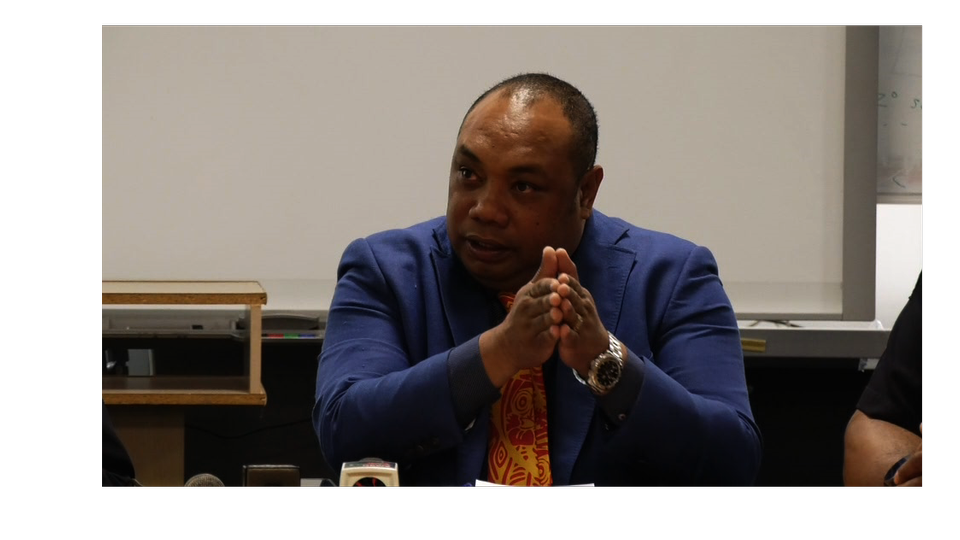|
INVESTMENT in health is not only a desirable but also an essential priority for most societies. However, our health systems face tough and complex challenges, in part derived from new pressures, such as ageing populations, growing prevalence of chronic illnesses including the procurement and distribution of medical supplies. World Health Organisation reports have always pointed out three fundamental objectives of health systems, namely improving the health of the populations they serve, responding to people’s expectations and providing financial protection against costs due to illness. PNG’s healthcare system is outlined in the national health plan 2011-20, which places an emphasis on the provision of basic care for the country’s poor and rural population. The policy is to ensure that healthcare is free or break even with the intention of making it affordable for everyone.
Healthcare is an essential human need and as such, it composes part of the public debate and policy as to how best it can be provided. The implementation of the free healthcare policy was supposed to have been made available right throughout the country more efficiently and effectively. However, the availability of the healthcare services in the country has been negated by a number of factors including the lack of specialist doctors and equipment, high cost of receiving certain types of healthcare services such as tumour operations, poor procurement processes and lack of stock and capacity. When the above factors are apparently affecting the delivery of the healthcare services in the country, it is indeed unrealistic and appalling to divulge into the continuous media rhetoric that the so-called free healthcare policy is working in the country. For sure it is not working, as shown by the common process for almost all healthcare facilities throughout the country to ration medical drugs and aids and to prescribe medications and turn patients away to private pharmacies. Much of the work needs to be undertaken to provide policy makers with the evidence they need to promote more value for money in the health sector, while ensuring universal access, equity and raising quality of care. A basic message has emerged: investments in health and the design of health financing policies should be addressed in terms of the interaction between health and the economy. Health performance and economic performance are interlinked. Just as growth, income, investment and employment are a function of the performance and quality of the economic system, its regulatory frameworks, trade policies, social capital and labour markets and others, so health conditions (mortality, morbidity, disability) depend not just on standards of living, but on the actual performance of health systems themselves. Policy choices cannot be taken lightly. Health systems need financing and investment to improve their performance. The criticisms are not levelled at the concept of providing free health services but the consequences of implementing the policy in the context of a poorly functioning health system. The all-out effort now to stop or control the spread of the coronavirus is a wake-up call for everyone to make the health sector a priority. Going forward, all Health ministers (if we have) should be someone with a medical background. It is time to start talking to people on the ground rather than at Waigani to really understand the situation on the ground. We have learned a lot, though there is more to discover. The National Next : Covid-19 Claims 3 Lives In PNG Comments are closed.
|
PNG Health NewsThis websites provides all the latest Health News , insurance, health tips, health and scholarships in Papua New Guinea Top Links |
- Home
- PNG Health News
- Health Tips
- Jobs
- Health Scholarships
- Nursing Colleges in PNG
- Health Ministry
- Private Hospitals in PNG
- Health Department
- Insurance
- Institutions
- CHW Colleges in PNG
- Health Issues
- About
- Contact
- Privacy Policy
- COVID-19 in Papua New Guinea
- Enga School of Nursing
- PNG Health Database
- Hospitals in PNG
|
Home : News : Health Insurance : Training : Health Training Institutions : Hospitals : Provincial Hospitals : Contact: Privacy Policy
|

 RSS Feed
RSS Feed
